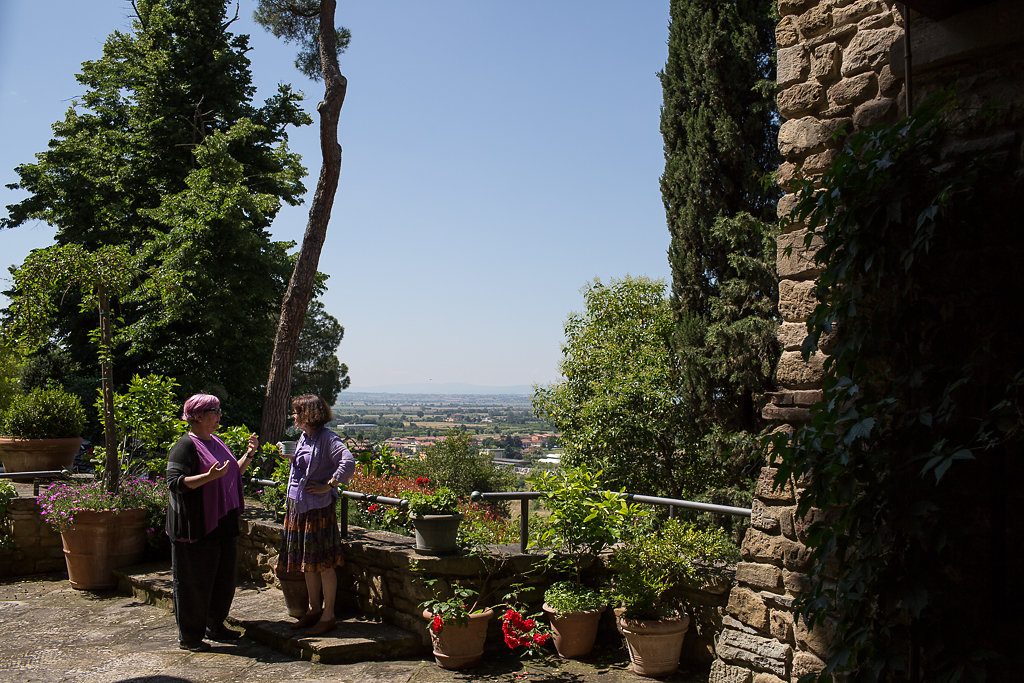What I’m Talking About
 At the writing workshop, there were lots of different “prompts” that we wrote from. Prompts like: “Start with the word: Consequently…” or “Write a dialogue between you and your ‘muse’….” or “Write a ‘Dear John’ letter using only one-syllable words.” Some of the prompts were more inspiring than others, but they were all fun.
At the writing workshop, there were lots of different “prompts” that we wrote from. Prompts like: “Start with the word: Consequently…” or “Write a dialogue between you and your ‘muse’….” or “Write a ‘Dear John’ letter using only one-syllable words.” Some of the prompts were more inspiring than others, but they were all fun.
After a while I noticed that no matter what the prompt was, what I wrote almost always came out as some kind of Dharma talk! I’m not really sure if that’s a “good” thing, but I think it says a lot about what’s on my mind…what I give my attention to…these days.
One of the prompts was: “What matters?”
Here’s what I wrote:
What matters is not the weather. Not the food, even. Not what language you speak. What accent. What vocabulary.
Well, OK, all of that matters in some sense. In terms of what you can do or can not. In terms of pleasant and unpleasant. Comfort. Physical ease.
But that doesn’t matter. Not really.
What matters is peace of mind.
What matters is the ability to be in any situation, any circumstance, any country or location or station in life, and still be at ease.
How is this possible, you ask? Isn’t there some level of safety, of connection, of satisfaction that’s required for the mind to be at ease?
No.
Ultimately there is no security. No safety. Everything changes. There is always the unpleasant. There is always aging and sickness. And death. It is only the wanting of things to be different than they are that interferes with the peace and ease of mind that I’m talking about.
Pain is unpleasant. Loss is unpleasant. Disappointment is unpleasant. But it is possible to be at ease with that which is unpleasant.
It is possible.
In fact, it is necessary.
The only alternative is to always be reacting against the existence–or the possible arrival–of something unpleasant. To always be trying to hold onto whatever is pleasant–and, oh yes!, there is so much that is pleasant–but it is useless to hold on. Useless to try to have only the things that are pleasant. Useless to try to protect or defend against the loss of the pleasant.
What matters is the delight and enjoyment of whatever is pleasant, and the ability to acknowledge–to allow for the existence of–whatever is unpleasant. To respond, of course, with whatever is needed. But then to allow it all…both the pleasant and the unpleasant…to arise and pass away. As it will. As it must.
It’s only natural.
No need to fight it.
Is it not more easeful to live in accordance with that which is natural? Is there ever any use in raging against nature? Does it help to fight against gravity?
So it is with the natural experience of pleasant and unpleasant. Both arise. Both pass away.
In the presence of this, there is peace.
***
(photo by Kyoko Ide)